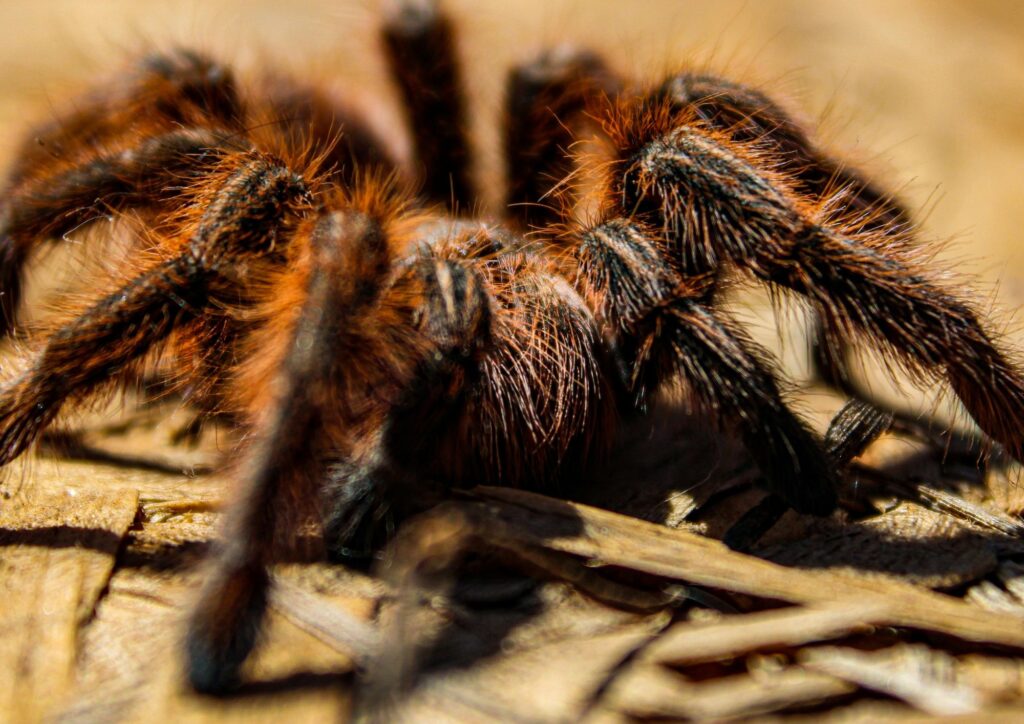Spider vs. Scorpion – Who’s More Dangerous?
Two Fearsome Arachnids, One Big Question
When it comes to creepy crawlers, spiders and scorpions top the list of creatures that send chills down our spines. Both are members of the arachnid family, both have venom, and both are widely misunderstood.
But if you had to choose — which one is more dangerous?
In this article, we’ll compare spiders and scorpions across categories like venom, behavior, threat to humans, and more. Let’s find out who wins in this battle of the arachnids.
Venom Power: Who Packs the Stronger Punch?

Spider Venom
- Purpose: Immobilize or digest prey
- Danger Level: Varies by species
- Notable Threats:
- Black Widow: Neurotoxic venom, painful but rarely fatal
- Brown Recluse: Causes necrotic wounds in rare cases
- Brazilian Wandering Spider: One of the most venomous spiders known
Most spiders are harmless to humans. Fewer than 30 out of 50,000+ species are medically significant.
Scorpion Venom
- Purpose: Defense and hunting
- Danger Level: Some species are deadly
- Notable Threats:
- Deathstalker Scorpion: Highly toxic, especially dangerous to children
- Indian Red Scorpion: One of the most lethal, can cause heart failure
Scorpion stings can range from mild to potentially fatal, especially in regions with limited medical access.
Winner in Venom Danger: Scorpions — more species are medically dangerous.
Behavior & Aggression: Who’s More Likely to Attack?
- Spiders are generally shy. They avoid humans and will only bite when threatened or trapped.
- Scorpions are defensive and may sting if startled, especially at night.
While neither is aggressive toward humans by nature, scorpions tend to be more reactive and defensive, especially when disturbed.
Winner in Aggression Risk: Scorpions
Defense Mechanisms
- Spiders rely on webs, speed, camouflage, or venom for defense.
- Scorpions use their pincers to grab and stinger to strike, making them formidable predators and defenders.
Their armored exoskeleton also gives scorpions added protection against threats.
Winner in Defense Power: Scorpions
Global Impact and Human Interaction
- Spider bites rarely result in fatalities thanks to accessible treatments.
- Scorpion stings cause thousands of hospitalizations and hundreds of deaths annually, particularly in parts of Africa, the Middle East, India, and South America.
In rural regions without quick access to antivenom, scorpion stings pose a greater public health risk.
Winner in Real-World Danger: Scorpions
Fun Fact
Some scorpions glow under UV light due to compounds in their exoskeleton. This trait helps researchers spot them at night!
Overall Champion of Danger: Scorpion
While both spiders and scorpions have their fearsome traits, scorpions are generally more dangerous to humans due to their more toxic venom, greater chance of stinging, and real-world impact—especially in tropical and subtropical regions.
That said, both are important for the environment, helping control insect populations and contributing to biodiversity. Respect and caution—not fear—are the best responses to these fascinating arachnids.








